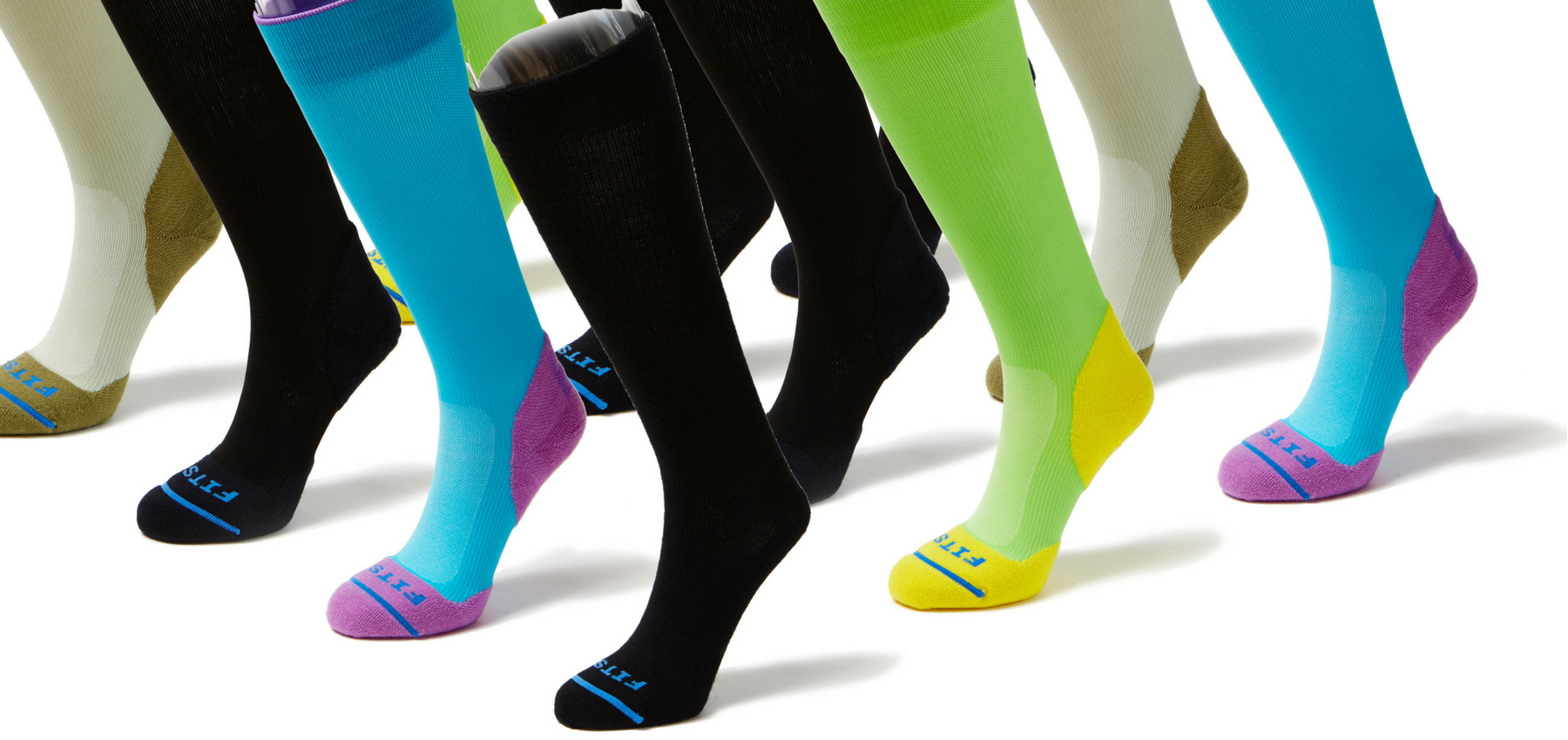Your body goes through a lot of changes during pregnancy. Although the changes prepare your body to give birth and raise a child, they can cause unwanted effects. Wearing compression socks during pregnancy can help you prevent some of the unwanted effects that happen to your feet and legs.
Compression Socks Protect You From Varicose Veins
During pregnancy, your body produces higher levels of progesterone to prepare you for giving birth. Unfortunately, the higher amount of progesterone can also make your veins swell. Eventually, you may notice varicose veins that you didn’t have before pregnancy.
Compression socks put pressure on your legs and prevent your veins from holding more blood than usual. By wearing compression socks throughout the day, especially when you're standing, you can reduce the risk of developing varicose veins during your pregnancy.
Compression Socks Prevent Foot Pain While You're Pregnant
As your pregnancy progresses, you may notice that you experience pain in your feet and legs. Some women feel the pain when they stand for long hours. Others experience pain when they sit for several hours. The pain usually comes from excessive blood in your feet.
When blood pools in your feet, you can feel tremendous pressure that can quickly become uncomfortable or painful. Compression socks maintain steady pressure in your feet and legs to stop blood from pooling in your limbs. As long as you regulate the pressure, you shouldn't feel any pain.
Many women say they feel more foot and leg pain as their babies grow. Start wearing compression socks early in your pregnancy to avoid discomfort throughout your baby's development.
Compression Socks Lower Your Risk of Deep Vein Thrombosis
The Centers for Disease Control and Prevention (CDC) estimates that deep vein thrombosis (DVT) affects 900,000 Americans. Pregnancy puts you at a higher risk of developing (DVT), a condition when blood clots cause symptoms like swelling, redness, tenderness and pain.
DVT can also lead to serious health problems and sudden death when left untreated.
Wearing compression socks lowers your risk of getting DVT by preventing blood clots from forming in your legs. If you already have DVT, you can use compression socks to relieve the swelling, tenderness and pain that you experience.
FITS compression socks come in a variety of materials and colors so you can feel comfortable and look stylish during your pregnancy. Popular compression socks include those made from merino wool, nylon and polyester. Find the perfect wool socks for women and compression socks for women to keep you healthy and comfortable throughout every stage of your pregnancy.


